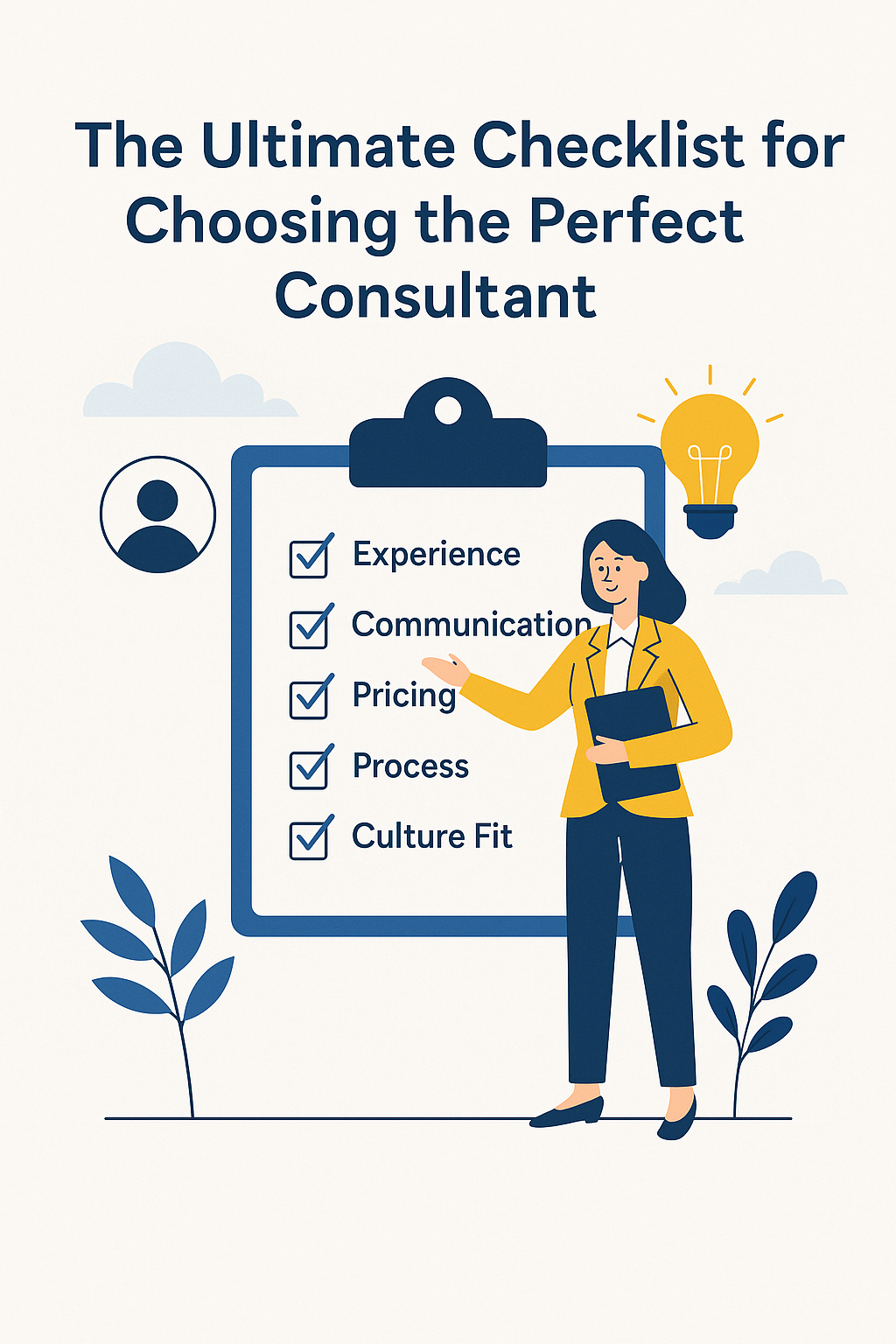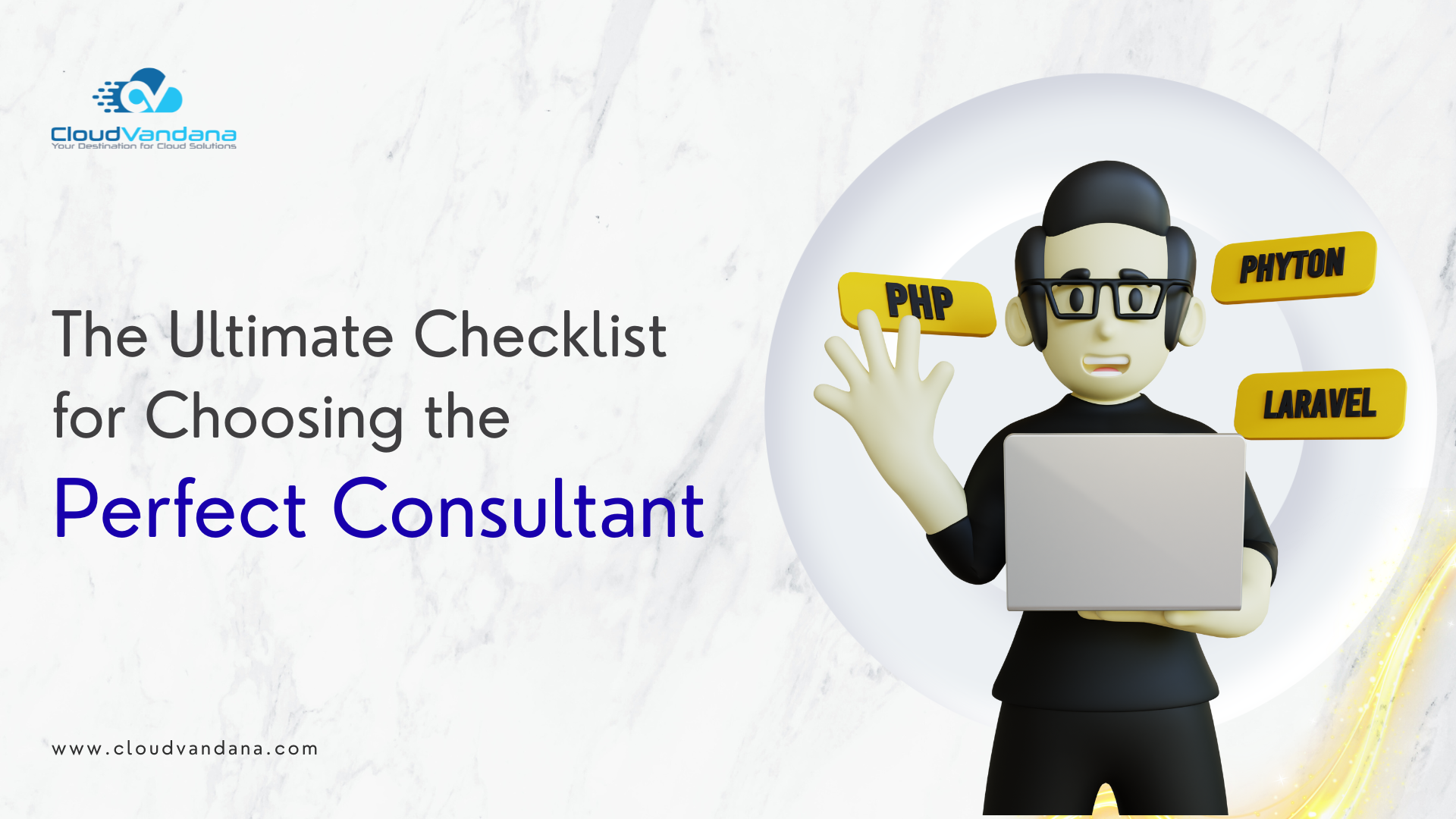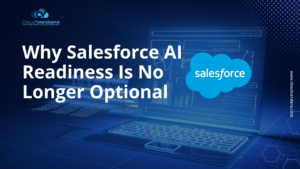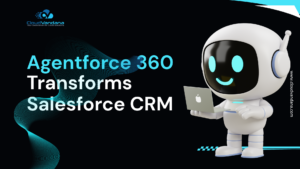Hiring the right consultant can make or break your project, transformation initiative, or long-term strategic goals. Whether you’re implementing a new CRM like Salesforce, reengineering business processes, scaling marketing operations, or optimizing IT infrastructure, a seasoned consultant can offer you the clarity, execution support, and expertise you need. But with thousands of professionals and firms out there, how do you identify the right consultant for your business?
This ultimate checklist will walk you through all the essential criteria, questions, and red flags to consider before choosing a consultant. By the end of this guide, you’ll have a structured framework to vet candidates confidently and find a partner that fits your company like a glove.
1. Clarify Your Needs First
Before engaging any external expert, it’s vital to begin with internal clarity. Without a solid understanding of what you need, any consultant—no matter how capable—will struggle to deliver meaningful results. Ask yourself: What problem are we trying to solve? Whether it’s inefficient internal workflows, lack of data visibility, or disjointed sales processes, define the challenge clearly. Be precise about expected outcomes: Are you aiming for short-term fixes or long-term transformation?
Equally important is understanding your internal capacity. Do you have the bandwidth to support a hands-on consultant, or will they need to drive the project independently? Timeline and budget also play a decisive role. With these insights in hand, you can write a simple internal project brief outlining your goals, stakeholders, constraints, and success metrics—this will serve as a compass when evaluating potential partners.
2. Prioritize Relevant Experience Over Prestige
Prestige and name recognition are tempting, but they rarely guarantee results. A boutique consultant with deep domain experience is often more effective than a big firm unfamiliar with your niche. Evaluate potential consultants based on the relevance of their past work. Have they supported similar industries, such as manufacturing, financial services, or SaaS? Do they understand your company size and structure—startup, mid-market, or enterprise?
Beyond industry fit, look for functional and technical expertise. If you’re implementing Salesforce, have they led successful Salesforce rollouts or optimizations before? Familiarity with your tech stack is crucial. Ask for detailed case studies, past client references, or even short presentations of recent projects that demonstrate alignment with your goals.
3. Validate Certifications and Technical Mastery
While experience is essential, certifications can provide additional assurance—especially in technical domains. For Salesforce projects, certifications like Salesforce Certified Administrator, Sales Cloud Consultant, or Platform Developer serve as concrete indicators of knowledge.
Likewise, PMP, ScrumMaster, or Agile certifications validate project management expertise, while credentials like CPA or CFA may be relevant for finance-related consulting.
But don’t stop at badges. Inquire about the tools they use for project tracking, documentation, and communication. Ask how often they pursue continuing education or recertification. True professionals are always learning and adapting. Finally, explore how they approach learning your internal systems. Their onboarding process should demonstrate thoroughness and respect for your unique environment.
4. Judge Communication as Much as Competence
Exceptional consultants are not just smart—they’re great communicators. They should be able to articulate complex topics with clarity, listen intently, and adapt their language depending on the audience.
During early conversations, assess how they communicate. Do they ask thoughtful questions? Do they listen more than they speak? Can they simplify jargon for stakeholders who aren’t technical?
Communication style is especially crucial for projects with executive visibility or cross-functional teams. Discuss how they plan to keep your team updated. Do they prefer Slack, Zoom, email, or project dashboards? Also probe how they handle scope changes, delays, or misunderstandings. A consultant’s ability to maintain transparency and foster open dialogue often matters more than their technical skill.

5. Evaluate Cultural and Ethical Alignment
A consultant may not be a full-time team member, but cultural fit still matters. Misaligned values can create friction, delay progress, and lower morale. Explore whether the consultant understands your company’s mission, pace, and work ethic. Are they flexible, or do they impose rigid processes? Do they value collaboration, or operate in silos?
Ask how they’ve embedded with teams in the past. Request references who can speak not just to their deliverables, but to their working style and integrity. You’re not just hiring talent—you’re choosing a temporary leader, and leadership must be earned, not assumed.
6. Understand Their Framework and Methodology
Top-tier consultants bring structure to chaos. Ask them to walk you through their typical process—from discovery to delivery. Do they follow a defined methodology or adapt their approach based on your specific needs? Can they describe each phase clearly: initial assessment, strategic planning, implementation, and performance review?
Watch out for consultants who operate without process. Lack of structure is often a red flag for inconsistency. Great consultants will be methodical, yet flexible. They’ll respect your workflows while improving them, and they’ll bring in documentation tools, project plans, and best practices to keep everything on track.
7. Demand Social Proof Through References and Reviews
Consultants live and die by reputation. Ask for two to three references from recent engagements, ideally in similar industries or project types. When you speak to those references, go beyond surface-level questions. Ask about the project context, what went well, what could have gone better, and how issues were resolved.
In addition to references, research public reviews. Platforms like Clutch, Upwork, or G2 often provide verified testimonials for both freelancers and firms. LinkedIn recommendations can also offer valuable context. Pay attention to patterns—do most clients praise their communication, technical depth, or reliability? That’s where their strengths likely lie.
8. Confirm Their Bandwidth and Focus
Even the most capable consultant can become a liability if they’re overcommitted. Ask directly about their current workload and how many clients they are supporting. Will you be working with them personally or with a team? What percentage of their time will be allocated to your project?
Clarify what happens if there’s a scheduling conflict, team emergency, or delay in your end of the timeline. Their answer should demonstrate not just availability, but professionalism and contingency planning. If your project is mission-critical, don’t settle for half-attention.
9. Define Deliverables, Ownership, and Documentation in Detail
Ambiguity is the enemy of results. Ensure your consultant outlines every deliverable in writing. Will you receive final reports, dashboards, custom code, or training materials? Are files editable or proprietary? Who owns the intellectual property?
Don’t forget the handoff. A professional consultant leaves behind clean documentation, SOPs, and guidance so your internal team can carry the work forward. If ongoing support is required, clarify that upfront and include service terms in the agreement.
10. Understand the Pricing Structure and Budget Alignment
Every consultant has a pricing model—what matters is clarity and alignment. Understand whether they charge hourly, per milestone, or on a retainer basis. Hourly billing can offer flexibility, but it may be unpredictable. Fixed project pricing gives budget control but often has stricter scopes.
Ask for a phase-wise breakdown of costs. What’s due upfront, at key milestones, or upon completion? What happens if the scope changes? Are there fees for rush jobs or additional revisions? The more specific the pricing proposal, the fewer surprises later. Avoid vague estimates or flat-rate offers with little context—they often lead to disputes.
11. Start with a Discovery or Pilot Engagement
If you’re uncertain about a long-term commitment, test the waters. Many consultants offer short-term discovery projects to audit your current systems, conduct stakeholder interviews, or present strategic roadmaps. These smaller engagements serve as both evaluation and orientation.
A pilot helps you assess not just capability, but collaboration. How well do they understand your business? How quickly do they produce value? Do they integrate well with your team? Often, a successful pilot naturally evolves into a longer-term relationship.
12. Identify Warning Signs Early
Not every consultant is a good fit—even if they check all the boxes. Watch for subtle red flags. Do they claim expertise in everything? That’s unrealistic. Are they dismissive of your input? That suggests ego over empathy. Are deliverables or timelines vague? That hints at disorganization.
A strong consultant will exhibit curiosity, transparency, and humility. If something feels off in your gut, trust it. It’s better to walk away early than suffer downstream consequences.
13. Ensure Post-Engagement Continuity
The best consultants don’t disappear after delivery. Clarify what happens after handoff. Do they offer ongoing support? Will they train your team to manage tools or systems independently? Is there a plan for revisiting and optimizing the solution after 30, 60, or 90 days?
Ask about ad hoc support availability, service level agreements (SLAs), and pricing for post-project consulting. Continuity ensures your investment is protected and your momentum sustained.
14. Build on Transparency and Mutual Respect
Ultimately, successful consulting relationships rest on two principles: transparency and mutual respect. You want someone who will tell you the hard truths, highlight risks, and raise concerns proactively. You also want someone who respects your team’s time, contributions, and decision-making authority.
Regular updates, collaborative documentation, and open channels of communication are hallmarks of transparency. So is honesty about what’s working—and what’s not. The right consultant will challenge you constructively and align with your best interests.
Final Thoughts: The Right Consultant Multiplies Your Impact
Choosing the right consultant is not just about capability—it’s about trust, clarity, and partnership. A great consultant will act as an extension of your team. They’ll bring new ideas, challenge old assumptions, and help your business accelerate meaningful change.
Use this checklist as more than a hiring guide. Use it to align your team, set the bar high, and ensure every dollar you invest delivers measurable impact. Because the right consultant doesn’t just solve problems—they raise the standard for everyone around them.
Need expert Salesforce consulting or help with task automation, file management, or custom app builds?
📩 Contact CloudVandana to start your journey with the right partner.
















